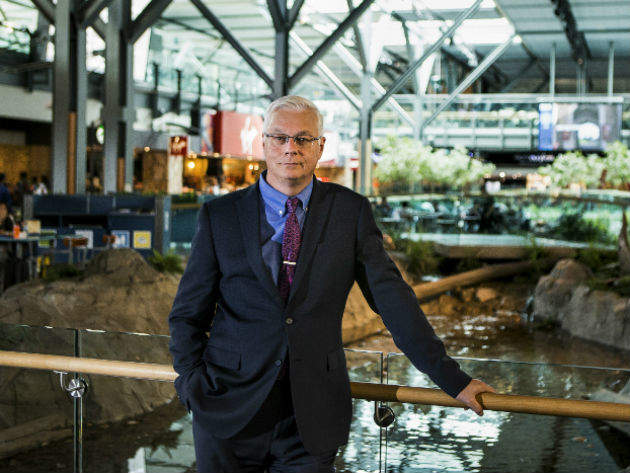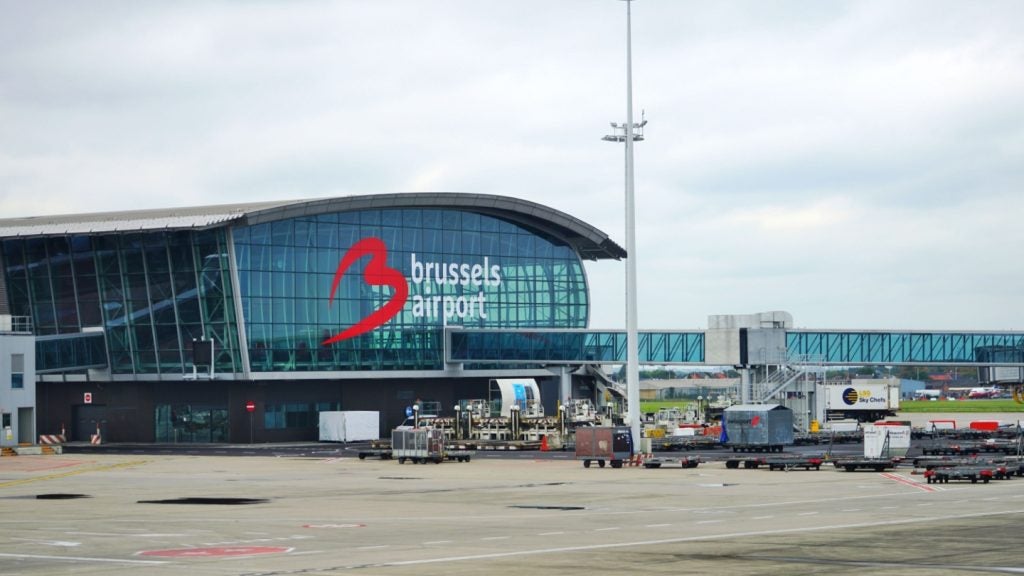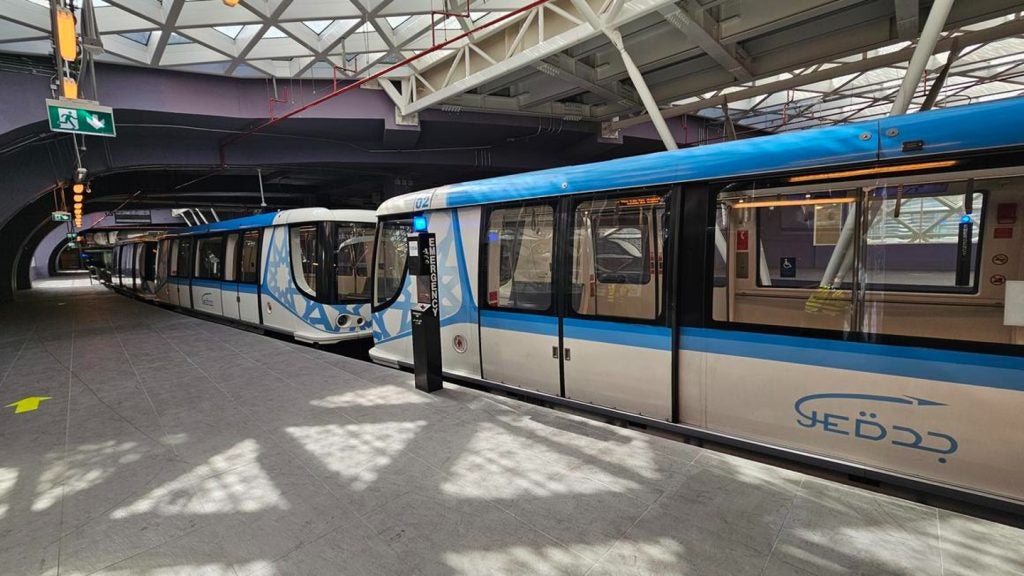

Last year, the Justin Trudeau-led Canadian Government hired Credit Suisse Group AG to look at the benefits of privatising the country’s eight largest airports: Vancouver, Montreal, Toronto, Edmonton, Calgary, Ottawa, Winnipeg and Halifax.
At the time of writing, the report is yet to be published, although an official from the Department of Finance Canada confirmed that Credit Suisse “has completed its work and delivered a scoping study to the government”.
A spokesperson from Transport Canada added: “Airport authorities, the entities operating the largest airports in Canada, are private, not-for-profit, non-share capital corporations. They are not government entities. What is commonly meant when using the term ‘privatisation’ in this context is, rather, a move from the current not-for-profit corporate structure, to a for-profit corporate structure.”
In opposition, the No Airport Selloff group has been formed, in an effort to give a voice to those who claim moving to a for-profit model will be bad for passengers and airlines alike.
How well do you really know your competitors?
Access the most comprehensive Company Profiles on the market, powered by GlobalData. Save hours of research. Gain competitive edge.

Thank you!
Your download email will arrive shortly
Not ready to buy yet? Download a free sample
We are confident about the unique quality of our Company Profiles. However, we want you to make the most beneficial decision for your business, so we offer a free sample that you can download by submitting the below form
By GlobalDataSo, what are drawbacks of the plan? In this first of two articles on the topic, Craig Richmond, president and CEO, Vancouver Airport Authority, discusses why he believes there is no need for change.
Gary Peters: Why are you against the idea?
Craig Richmond: We are, in fact, a private company, but we don't have shareholders and pay dividends. So, any money that we make gets reinvested in the airport. That's important.
When people say, 'privatisation, why are you against it?', it's like we're a big government entity that is against becoming more nimble and private. No, we did that 25 years ago. It's an important point.
GP: Why is the government considering this plan?
CR: There's really only one reason, [as] there's no operational reason. No, it's that the government could realise a big one-time payment.
GP: That would help with deficits?
CR: Absolutely. What government in the world has enough money? They look at the value of the airports and if they sell them, 'we can make this big profit' but only one time. That's like selling the furniture in your house to cover your credit card debts. That's why we don't think it's a good idea.
GP: Anything in particular you are opposed to?
CR: The problem is that the airports are already well capitalised. People have said to me, 'don't you need private equity money?', well we don't. We have a double A credit rating and we will borrow billions over the course of the next 15 years as we increase the assets of the airports.
Where this might have made sense is 25 years ago, because then you could sell shares in your company and use that money to build the place. All that is going to happen with the share capital sale is you are going to sell the airport and the private company has to run it and make the money back, and so it has to increase prices.
I should also say that we have not maximised the amount of money we can charge people. We haven't maximised the landing fees; in fact we reduced them by 15% a year and a half ago. We've done that because we're trying to attract growth. Our job is not to build profits, but to build growth.
It's not that we couldn't make more money here, but rather you are going to do it on the backs of the airlines and the passengers. That's our major objection. This airport could easily go for $4bn-5$bn in an auction, maybe more. The higher that goes, the more money has to be paid back. And there's only one place that's coming from – ultimately the passengers.
GP: Air fares would go up?
CR: Charges to the customers and charges to the airlines would increase. Everything from what you pay to park in a parking lot to what you pay to park an aircraft.
GP: Some have said that privatisation is essentially a no-brainer and that it will happen at some point in the future – what’s your response to that?
CR: There's no reason why our self-funding model couldn’t go on forever. It's a very unique model for how to have a private sector mentality but [one that is] managed for the public good. I think it has tremendous possibilities.
GP: You joined the No Airport Selloff group. Why?
CR: We were one of the co-founders – us, Calgary and Ottawa. We wanted to get our side of the story out. Explaining the capital structure of an airport is not the easiest thing to do. Generally when people hear the word privatisation they think it's going to become more efficient. Well, we are one of the most efficient airports in North America.
I'll give you another example: we developed, in house, our own passport kiosks, which the market really seems to like it. That's something we created here and now sell, but the profits come back to run the airport.
GP: How do you think other airports feel about this?
CR: I think the general mood of most of the large airports is that it is not required. There are some who are on the fence, but most say they don't need it.
Equity is much more expensive than debt. Frankly I have to push banks away who want to lend us money because we don't need it at the moment.
GP: How important is the general public in all of this?
CR: I went around and spoke to people, those who surround our airport, and everybody says they don't want to do this. They are very happy with how the airport is run now. Our governance structure has people from the local community on the board and they feel they have a say in how it is run.
From [a private stand point], the primary motive is making money. I have nothing against privatised airports and in fact I've been in that space [before]. At certain points in an airport's evolution it makes sense; it just doesn't in ours.
GP: So, maybe in the future it might?
CR: I can't see it. I guess there's the potential if equity is ever cheaper than debt, although I can't imagine that would happen. Over the next 20 years we're putting in almost $6bn into the airport. I don't see it being a more valid option in the future.
GP: What do you say to the accusation that opposition is purely because of self-interest and not for the good of the airport sector?
CR: Well, we do like the local representation. People feel like it is their airport. I've heard people say it's self-serving because you're the CEO and you'd get fired, but anyone in business knows I would get a package if that happened. In fact, if I was so concerned about my skin I probably would have kept my mouth shut.
GP: Do you in any way feel that your opposition is potentially holding back the Canadian aviation sector?
CR: We're moving so fast that we have to amend our building plans, so I can't imagine how we could possibly be seen as slowing down the Canadian aviation sector. We've been adding flights like you wouldn't believe. We're at the forefront of aviation and we're not holding it back.
I think this is one of those ideas that every few years people might think about again. But, as I said, as airports grow, the logic just fades.
It never goes away entirely, so we just have to keep making the case for why the current model is very entrepreneurial and very low cost.





